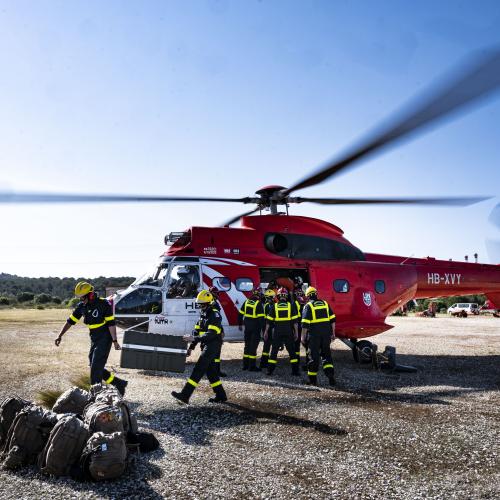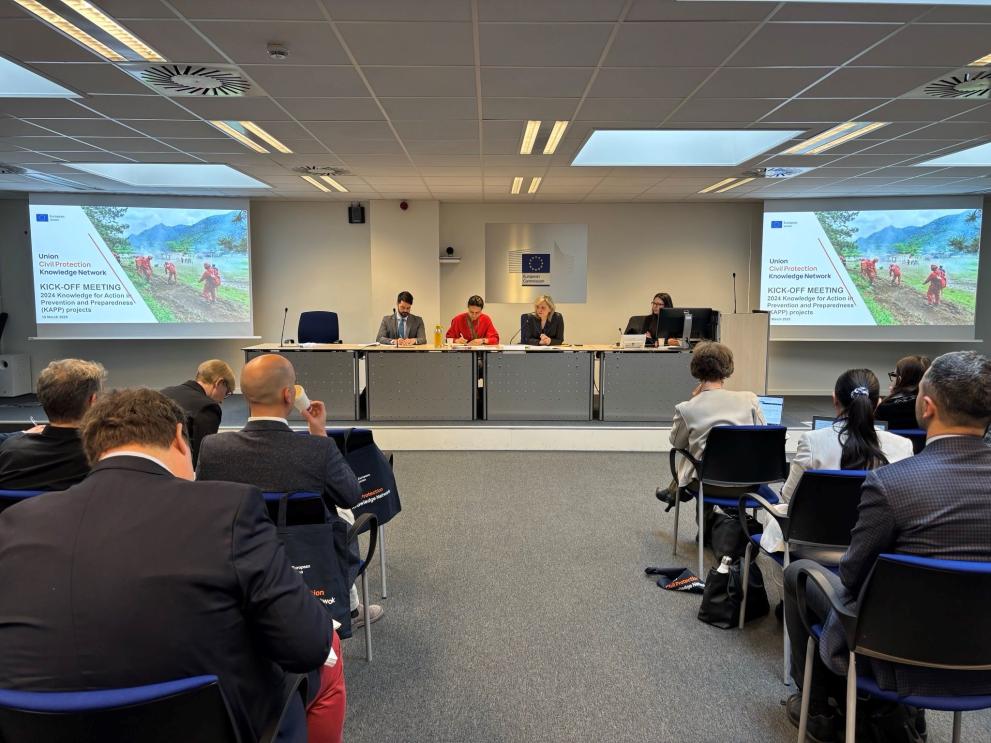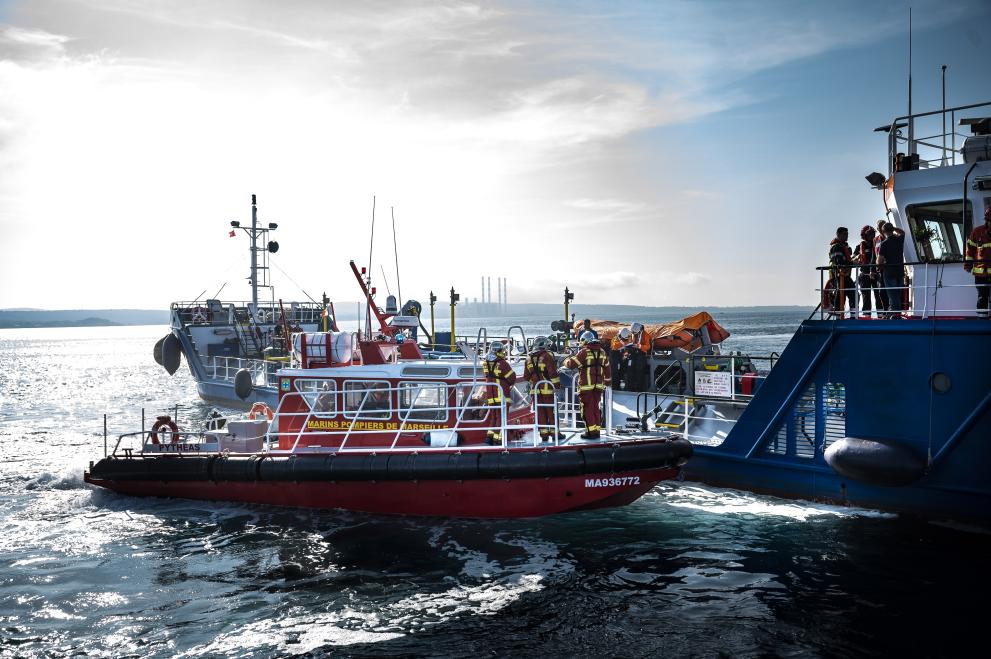
New KAPP funded projects: building capacities in disaster risk management
New projects have been launched under the Knowledge for Action in Prevention and Preparedness (KAPP) calls for proposals 2024. Coordinators of 12 selected prevention and preparedness projects met with DG ECHO in Brussels on Thursday, 13 March 2025.

